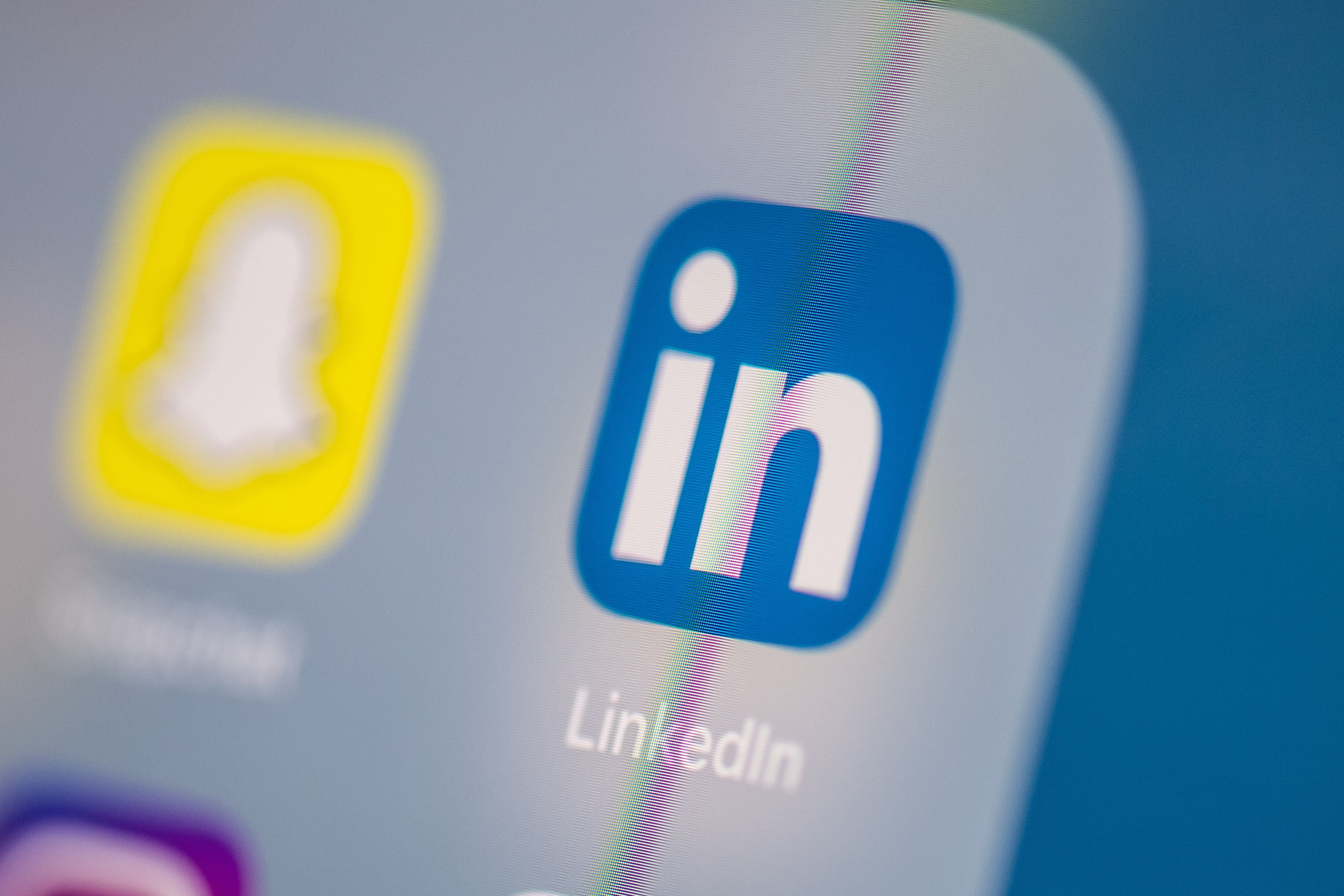LinkedIn connections might not get you a better job, secret experiment reveals
People with weaker contacts were more likely to get jobs than those with strong contacts

Your support helps us to tell the story
From reproductive rights to climate change to Big Tech, The Independent is on the ground when the story is developing. Whether it's investigating the financials of Elon Musk's pro-Trump PAC or producing our latest documentary, 'The A Word', which shines a light on the American women fighting for reproductive rights, we know how important it is to parse out the facts from the messaging.
At such a critical moment in US history, we need reporters on the ground. Your donation allows us to keep sending journalists to speak to both sides of the story.
The Independent is trusted by Americans across the entire political spectrum. And unlike many other quality news outlets, we choose not to lock Americans out of our reporting and analysis with paywalls. We believe quality journalism should be available to everyone, paid for by those who can afford it.
Your support makes all the difference.A secret test LinkedIn has been conducting on its users reveal that having weaker contacts with people could be better for job hunting than stronger ones.
The study, published in Science, suggests that people who had only 10 connections were more productive when job hunting then those with over 20.
Moreover, people who had received more recommendations from distant contacts were more likely to get jobs than those recommended by strong contacts.
“We find that these moderately weak ties are the best option for helping people find new jobs and much more so than stronger ties,” Karthik Rajkumar, the Linkedin researcher, told the New York Times.
In conducting this experiment, LinkedIn changed its algorithm to randomly vary how many strong and weak connections its recommended to users in its “People You May Know” tab. The first batch of tests, in 2015, was conducted on four million users; the second batch, in 2019, used 16 million users.
However, the use of this form of testing - called A/B testing - has raised ethical questions as users likely did not know they were being tested upon.
“The findings suggest that some users had better access to job opportunities or a meaningful difference in access to job opportunities,” Michael Zimmer, an associate professor of computer science and the director of the Center for Data, Ethics and Society at Marquette University, said.
“These are the kind of long-term consequences that need to be contemplated when we think of the ethics of engaging in this kind of big data research.”
LinkedIn said that it complied with its company’s user agreement, privacy policy and member settings - although many users do not read the terms and conditions when using a website, which are lengthy and full of complex language. “We are transparent with our members through our research section of our user agreement”, a spokesperson said.
In an editorial statement, Science said: “It was our understanding, and that of the reviewers, that the experiments undertaken by LinkedIn operated under the guidelines of their user agreements.”
Other critics have also claimed that the study simply showed the power of social media. “The study has an inherent bias,” Dr Catherine Flick a senior researcher in computing and social responsibility at De Montfort University said.
“It shows that, if you want to get more jobs, you should be on LinkedIn more.”



Join our commenting forum
Join thought-provoking conversations, follow other Independent readers and see their replies
Comments